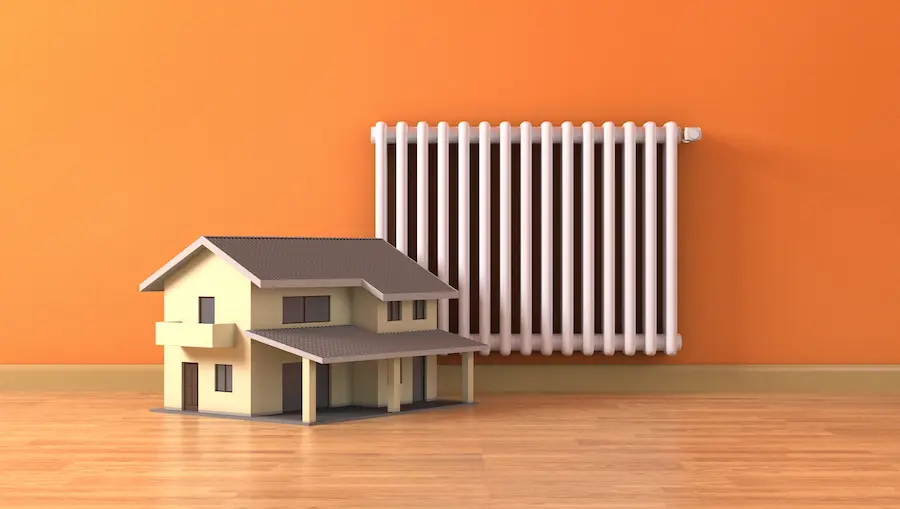In case you hadn’t noticed, winter is already here. Now is the right time to get your heating system in shape for another warming season.
You could always go the old-fashioned route and replace your network’s old components one at a time. Or, you could try something different and install a heat pump system.
In this article, we’ll take a look at what heat pumps do, where they’re best suited, and how they stack up compared to other HVAC systems. So suit up, it’s about to get chilly! Let’s get started!
Table of Contents
Think About the Size of the Space
A heat pump that is too large or too small for the area can lead to inefficiency and higher energy bills. The size required for an area is determined by:
- The size and the space
- The number of windows
- The number of window treatments
Additionally, the insulation, air leakage, and airtightness of the space should all be taken into consideration when selecting a heat pump. Furthermore, ensure that the model is compatible with the current ductwork and ventilation system of the area.
By understanding the needs of the space, consumers can feel confident in their purchase and get the most out of their heating needs.
Compare the Energy-Efficiency Ratings
These ratings are based on the level of energy efficiency over a specific period. Also, it gives you a good indication of how much you will be spending each month on energy costs.
Generally, the higher the rating, the more efficient the pump is. Additionally, make sure to look for the SEER, EER, and HSPF ratings to secure the most energy-saving heat pump for your home.
Researching and comparing these features in advance can save you time and money in the long run.
Consider the Type of Installation You Are Looking For
Different types of systems serve several functions. You may want to go for a single unit, split unit, or ductless. Single units are simple to install, require no special ventilation, and are the least expensive.
On the other hand, split units are somewhat more complicated, but offer greater savings, flexibility, and convenience. Further, ductless systems allow for zoning of temperature control but require proper installation and a professional HVAC technician.
If you’re planning to install it in an unconditioned area such as a garage, you will need a unit with a special outdoor coil rating that is made for that type of environment. To help you decide, check out Unico heat pump systems and see their awesome deals!
Explore the Pump’s Safety Features
When shopping for heat pumps, safety should be the primary concern. Look for features such as a lock-out switch that prevents the machine from operating if it senses a problem.
In addition, check that the unit has a built-in safety lock to prevent any accidental operation. Keep in mind to choose a model with all the necessary safety measures, and you’ll enjoy years of safe and reliable operation.
A Buyer’s Guide to Buying a Heat Pump
When it comes to a heat pump purchase, there are many things to consider to ensure that you are getting the right unit for your home. Use this buying guide to help narrow down the choices and make informed decisions.
Contact a trusted HVAC specialist for added guidance and to get started on your purchase today.
Did you find this article helpful? Check out the rest of our blog now!

